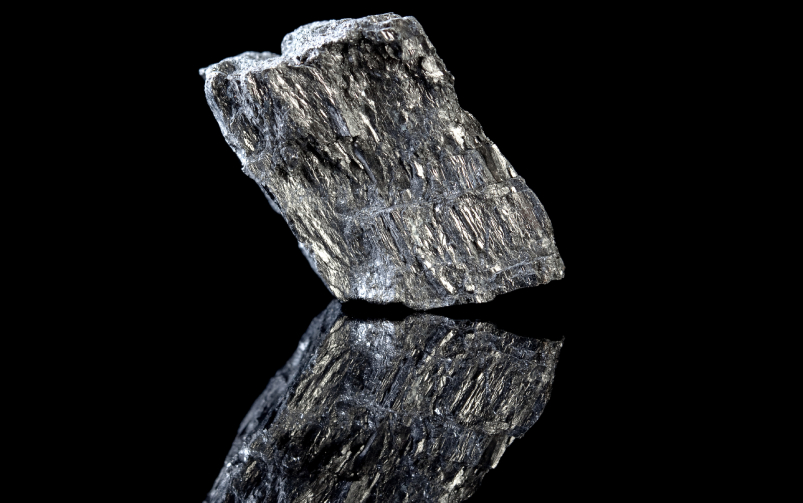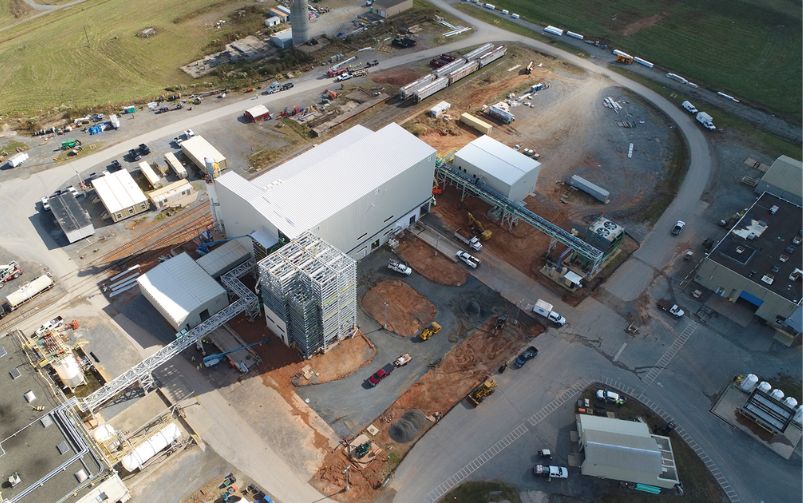Teck would not confirm the rumour it intends to spin off its steelmaking coal business, including its Fording River operations in British Columbia. Courtesy of Teck Resources.
Welcome back to your weekly mining news recap, where we catch you up on some of the news you may have missed. This week’s headlines include the winners of Women in Mining Canada’s Trailblazer Awards, record gold production, and disputes on copper exports in Panama.
Women in Mining Canada announced the winners of its 2023 Trailblazer awards. These awards recognize five women within the mining industry who displayed their leadership to make the industry more diverse and inclusive. This year’s recipients are Orla Mining’s Chafika Eddine, Skeena Resources’ Freda Campbell, University of New Brunswick student Emma Plant, University of Toronto student Kathryn Cheng and Treasury Metals’ Rachel Pineault.
Newcrest Mining rejected Newmont’s takeover bid of US$17 billion, saying that it did not offer sufficient value to shareholders, as reported by Reuters. Newcrest gets about a quarter of its revenue from copper, which is a key commodity in the energy transition, and analysts suggested that Newmont’s offer did not adequately value the company’s assets. Newcrest’s interim CEO, Sherry Duhe, told BNN Bloomberg, “The company is not up for sale and this was unsolicited.”
B2Gold will acquire Sabina Gold & Silver Corp in a $1.1 billion deal, as reported by Reuters. It is B2Gold’s second acquisition within a year, but its first controlling stake in a Canadian property. As part of the deal B2Gold will acquire Sabina’s Back River Gold district in Nunavut, which has five high-potential mineral claims.
Agnico Eagle announced that in 2022 it achieved record annual gold production and operating cash flow, as reported by Kitco News. The company stated that payable gold production last year was 3,135,007 ounces, compared to 2,086,405 ounces in 2021, and cited higher mine operating margins and higher sales volumes following the merger with Kirkland Lake Gold as the main reasons for the increase.
Mining may soon look different in Canada’s three territories as Northerners develop new land-use plans. The populations of Yukon, the Northwest Territories and Nunavut are discussing the future of mineral exploration and development on underexplored land, including outlining areas where mining is prohibited or where seasonal conditions must be met.
Teck Resources may be planning to separate its steelmaking coal business to focus more on industrial metals, as reported by BNN Bloomberg. The company is one of the world’s largest exporters of metallurgical coal, but has been making a strategic shift away from fossil fuels; earlier this month, it officially sold its oil sands stake. Teck responded to market rumours on Thursday, confirming that it is “evaluating alternatives for its steelmaking coal business, including the possible spin-out of an interest in that business to its shareholders”, but stated that it will not make additional comments unless it reaches a formal decision.
Hecla Mining has announced the highest silver reserves in its history, with over 240 million ounces in 2022, as reported by Kitco News. Hecla replaced 14 million ounces of silver produced during the year and grew its proven and probable reserves by 21 per cent as compared to 2021, citing its acquisition of the Keno Hill silver district in Yukon as the primary reason behind the increase. However, the company’s gold production was not replaced and its proven and probable reserves declined by six per cent.
Suncor Energy is examining options for replacing approximately 200,000 barrels per day of raw bitumen supply from its Base oil sands mine, which is expected to run out by the mid-2030s, as reported by Reuters. The federal government told Suncor last year that its proposal to extend the mine would not pass an environmental review due to its projected carbon emissions. Along with working on the regulatory application for the Base extension, the company is considering developing other thermal oil sands projects, increasing production from its nearby Firebag project and boosting supply from its Fort Hills mine.
First Quantum Minerals may have to shut down its Cobre Panama mine in Panama if the government will not allow it to resume its copper exports by next week, as reported by Reuters. The Vancouver-based mining company has been in a long-running contract dispute with Panamanian officials about tax rates and royalties, and last month, the country's maritime authority suspended First Quantum’s copper-concentrate loading operations at a major port, affecting its ability to ship and sell its copper.
Narwhals are becoming displaced off the northeastern coast of Baffin Island, but Baffinland Iron Mines has criticized a recent report that blamed shipping traffic from its Mary River iron ore mine, as reported by CBC News. The report from the North Atlantic Marine Mammal Commission and Canada/Greenland Joint Commission on Beluga and Narwhal recommended regulating shipping in the area. However, Baffinland Iron Mines said key information was left out, and that other factors, such as changing ice conditions, may have led to the drop in numbers.
That’s all for this week. If you’ve got feedback, you can always reach us at editor@cim.org. If you’ve got something to add, why not join the conversation on our Facebook, Twitter, LinkedIn, or Instagram pages?
Correction: The original version inaccurately stated that Sabina Gold & Silver was B2 Gold’s first ownership stake in a Canadian project. Since November, B2 has had a 9.9 per cent stake Matador Mining and its Malachite project in Newfoundland Labrador. We regret the error.




